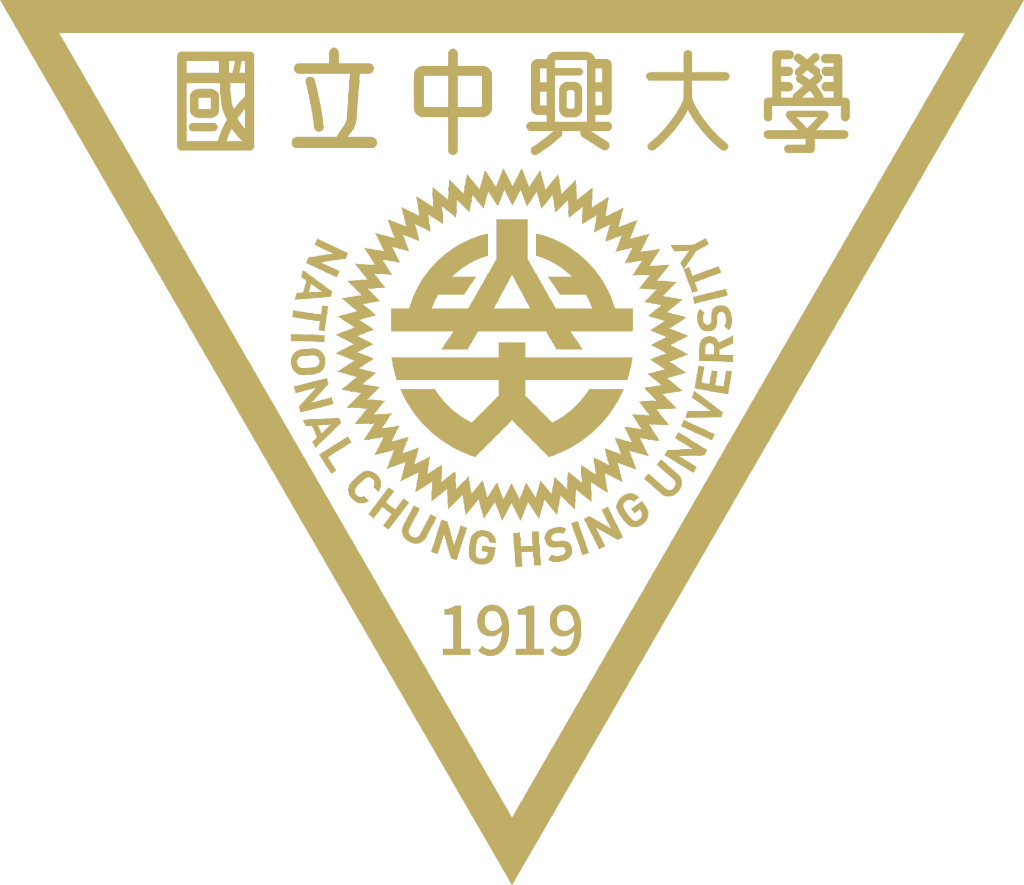Department of Physics, NCHU
Research Field
I am an associate professor at the National Chung Hsing University with a research interest in ‘transient objects including gamma-ray bursts and fast radio bursts and their host galaxies’. http://www.phys.nthu.edu.tw/~tetsuya/
We are working on extragalactic transients in astronomy, including mysterious fast radio bursts.
I am working on mysterious fast radio bursts to reveal their origins and to address key science in astronomy and astrophysics, including dark energy, dark matter, cosmic reionization, and testing general relativity.
I had 58 publications (11 first-author papers and 47 co-authored papers) in the last five years. Three papers were selected as press releases. Eight papers were featured by a total of more than 50 media.
Honours:
113年度「興大之光」殊榮 at NCHU (2024)
113年度優聘教師 at NCHU (2024)
113年度優秀年輕學者懷璧獎獎助計畫得獎 at NCHU (2024)
The best postdoc paper award in Taiwan 2020 selected by the Ministry of Science and Technology of Taiwan
The best oral presentation award at the international conference, ‘NEP conference 2020: Multi-Wavelength Astronomy Collaboration towards the New Era with Deep Survey Data’ (2020)
The best oral presentation award at the international conference, ‘Future Science with Multi-Wavelength Data’ (2019).
2024-present Associate professor at the National Chung Hsing University (Taiwan)
2021-2024 Assistant professor at the National Chung Hsing University (Taiwan)
2019-2021 CICA fellow at the National Tsing Hua University (Taiwan)
2016-2019 ALMA fellow at the National Tsing Hua University (Taiwan)
2011-2016 Postdoctoral fellow at the National Astronomical Observatory of Japan
2008-2011 Postdoctoral fellow at the Kyoto University
2005-2008 Ph.D. Department of Astronomy/University of Tokyo
2003-2005 M.S. Department of Astronomy/University of Tokyo
1999-2003 B.S. Department of Physics/Kyushu University
1 Vacancy
Job Description
Project title: Instrumentation and pipeline of the BURSTT project
This project aims to work on constructing the Bustling Universe Radio Survey Telescope in Taiwan (BURSTT), which is a new radio array dedicated to detecting mysterious fast radio bursts (FRBs). FRBs are radio fireworks in the universe that happen more than 1000 times in the sky every day. Thousands of fast radio bursts continue to be detected with the Canadian Hydrogen Intensity Mapping Experiment (CHIME). However, previous FRB telescopes have been facing three observational challenges, including poor localization capability, narrow field of view, and mismatch with multi-messenger and multi-wavelength observations. These problems have been hampering the correct understanding of the FRB origin. BURSTT will overcome all of these challenges for the first time, allowing Taiwan to lead the FRB science. The IIPP student is expected to work on the deployment of BURSTT arrays and contribute to the data pipeline.
Our research team has two ‘group meetings’ for research progress and three paper-reading journal clubs per week. These meetings have a lot of opportunities to touch on and discuss the cutting edge of astronomy and astrophysics. I would expect active interaction between my students at NCHU Physics in Taiwan and the IIPP student, which will benefit our internationality in the Department of Physics. In addition to this, I will provide an opportunity for the IIPP student to present his/her results at a conference in Taiwan.
Preferred Intern Education Level
I prefer a student who is in a bachelor's course or a higher level of education.
Skill sets or Qualities
I prefer a student who has experience in coding Python and the ability to communicate in English.
1 Vacancy
Job Description
Project title: Fast radio bursts and multi-messenger astronomy
Fast radio bursts (FRBs) are mysterious radio pulses, mostly emerging in distant galaxies. At least a thousand FRBs are known to happen in the sky every day. Since the first discovery of an FRB in 2007, intense observations of FRBs have been conducted. However, their origin remains unknown. Understanding the mysterious origin of FRBs is one of the most important missions in astronomy. A key to strongly constraining their origin is in multi-messenger astronomy because some progenitor scenarios predict the physical association between FRBs and gravitational waves/neutrinos, and the others do not. With the advantage of the largest homogeneous FRB catalogue to be released by the Canadian Hydrogen Intensity Mapping Experiment (CHIME), this project aims to investigate the hypothetical association between FRBs and multi-messenger signals. Once a significant association is found, the student is expected to write a scientific paper as the first author.
Our research team has two ‘group meetings’ for research progress and three paper-reading journal clubs per week. These meetings have a lot of opportunities to touch on and discuss the cutting edge of astronomy and astrophysics. I would expect active interaction between my students at NCHU Physics in Taiwan and the IIPP student, which will benefit our internationality in the Department of Physics. In addition to this, I will provide an opportunity for the IIPP student to present his/her results at a conference in Taiwan.
Preferred Intern Education Level
I prefer a student who is in a bachelor's course or a higher level of education.
Skill sets or Qualities
I prefer a student who has experience in coding Python and the ability to communicate in English.
